As the sky lightened, we noticed a big stretch of beautiful white, pink and yellow wildflowers on the other side of the railroad tracks. The fog that covers the valleys here was ethereal.
We stopped work for a total of five hours, and were charged with trespassing, obstructing an officer, and violating West Virginia’s Critical Infrastructure Protection Act, which had just gone into effect. All misdemeanors, although the cops said we’d be charged with domestic terrorism felonies if we didn’t leave, and that was a possibility. These new laws in many states around the country are meant to intimidate folks from taking action to protect the real critical infrastructure – the pure, delicious drinking water, clean air and beautiful mountains. The MVP is being built across the steepest terrain in the country, threatening landslides. Thanks to the blog Heated, I learned that a peer-reviewed study in 2021 found that the MVP has the highest landslide risk out of all the long-distance gas pipelines in the U.S.
And then there is the karst, which makes the river one of the worst possible places to drill. From Wikipedia: "The unique karstlands of the Greenbrier River Valley constitute one of the world's densest sinkhole plains, with an average of 18 sinkholes per square kilometer. This green "moonscape" of collapsed craters is a unique problem for development as the ground is prone to subsidization. It is impossible to tell how large a cave system is by looking at the surface, and developers often build their structures too close to the open spaces beneath the ground."
There’s also a big problem with the coating on the pipes having deteriorated after they sat in the sun for five or six years. Best practice is to recoat them at the factory, but the company is just burying some of them without recoating at all, increasing the risk of ruptures and explosions.
So, building the pipeline is the real crime, and could only finally go forward when the US Congress, at Sen. Joe Manchin’s bidding (with full backing from Sen. Chuck Schumer and President Biden), took the matter out of the hands of the Fourth Circuit appeals court (which had consistently ruled against the MVP, for its many violations). Then the US Supreme Court approved all the remaining permits.
The cops complimented us on our creativity, and after arresting us and tossing rocking chairs and red umbrellas (decorated with NO MVP signage) aside, they chuckled over the STOP ELDERS AHEAD sign and threw it into their truck. I’m sure it’s gracing the wall of some police department.
An action a few days earlier saw two more activists – a young person and an elder – lock down to MVP machinery in nearby Montgomery County, VA. We held a rally at the site with a big banner proclaiming, “Young and old unite – No MVP.” They were also charged with misdemeanors.
When the sheriff arrived at our action, he said we should leave because, “You have zero chance of stopping this pipeline. There’s too much money behind it and the country is too divided.”
What is the role of nonviolent direct action (NVDA) in campaigns to stop the fossil infrastructure that’s killing the planet and ruining the lives and livelihoods of local residents? I had that question before heading down to Appalachia. I think it’s a dance between the occupiers – like the Yellow Finch aerial blockade of the pipeline route that lasted 932 days and, according to the company, cost $213,000 in delays and security expenses – and the surveyors who document every violation along the route, and the legal defenders who fight for our rights in court. Also all the local people who hate this pipeline and come out to support in various ways.
One local woman told me we have to keep disrupting because we can’t just let it be built without doing everything in our power, nonviolently, to stop it. Another friend said it’s important to show solidarity with those on the front lines, and by doing that we build the power needed for the next fight. Sitting on the wide porch, looking out over the beautiful mountains, the fog and the nighttime stars, I felt very much a part of a wonderful community where people love and support each other. Also, I haven’t laughed so much maybe ever. It gives us the strength to go on.
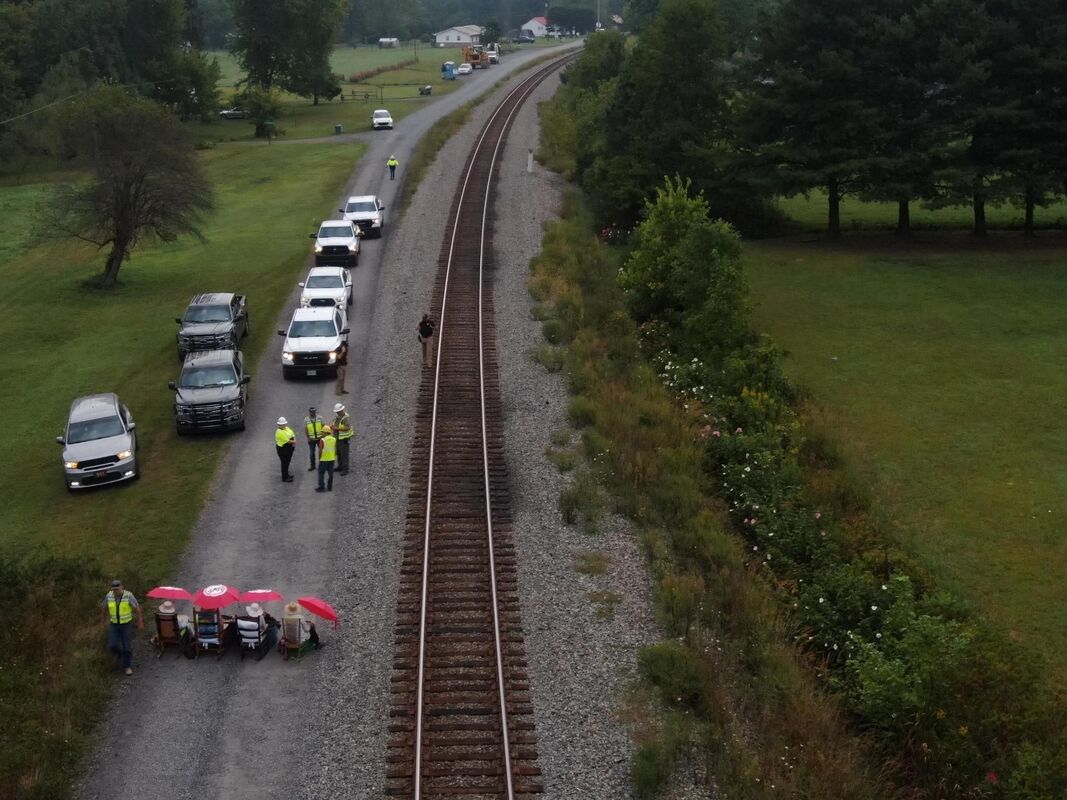
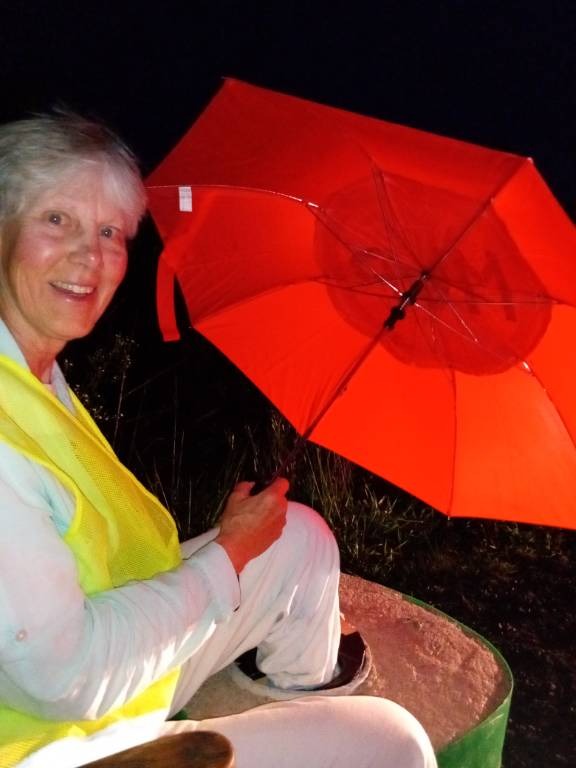
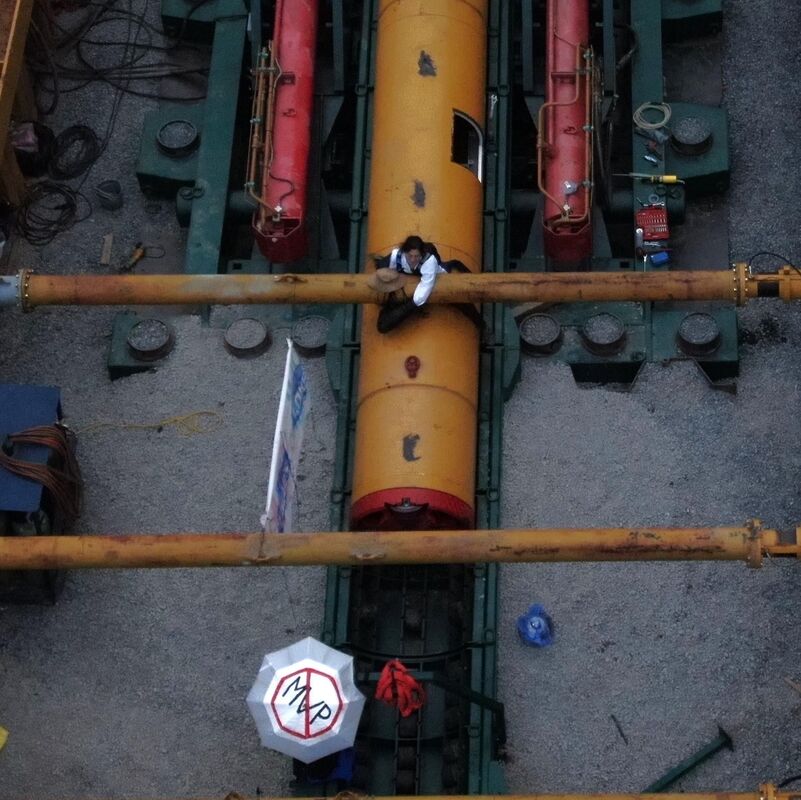
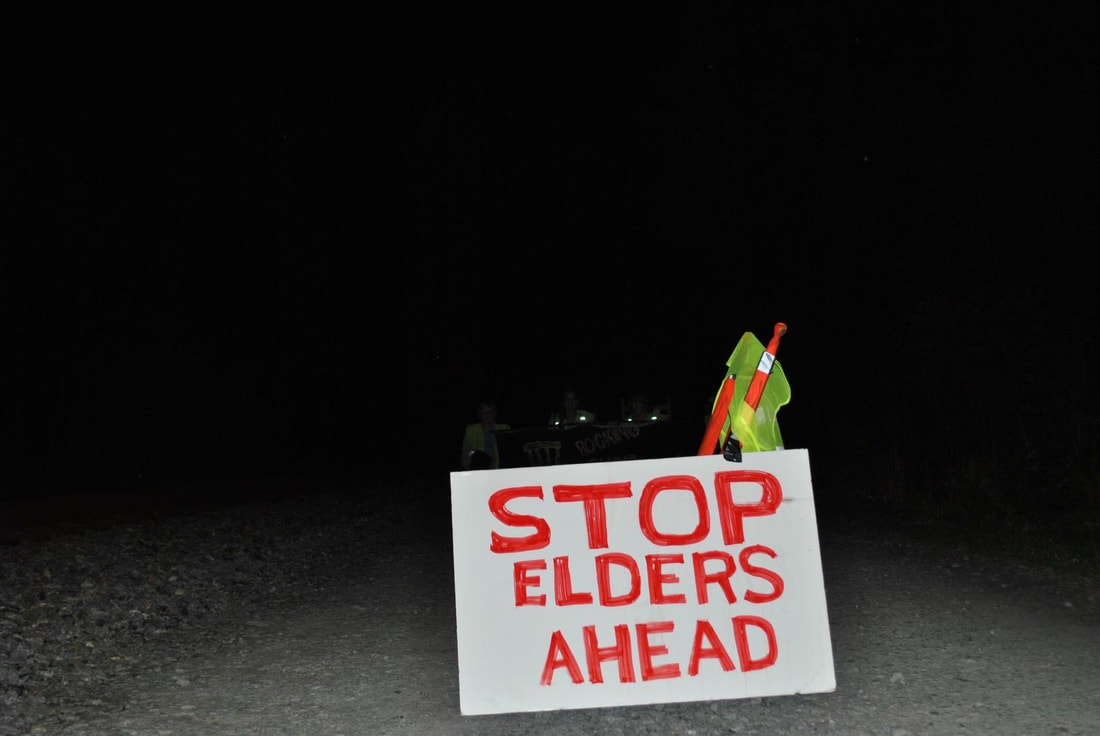
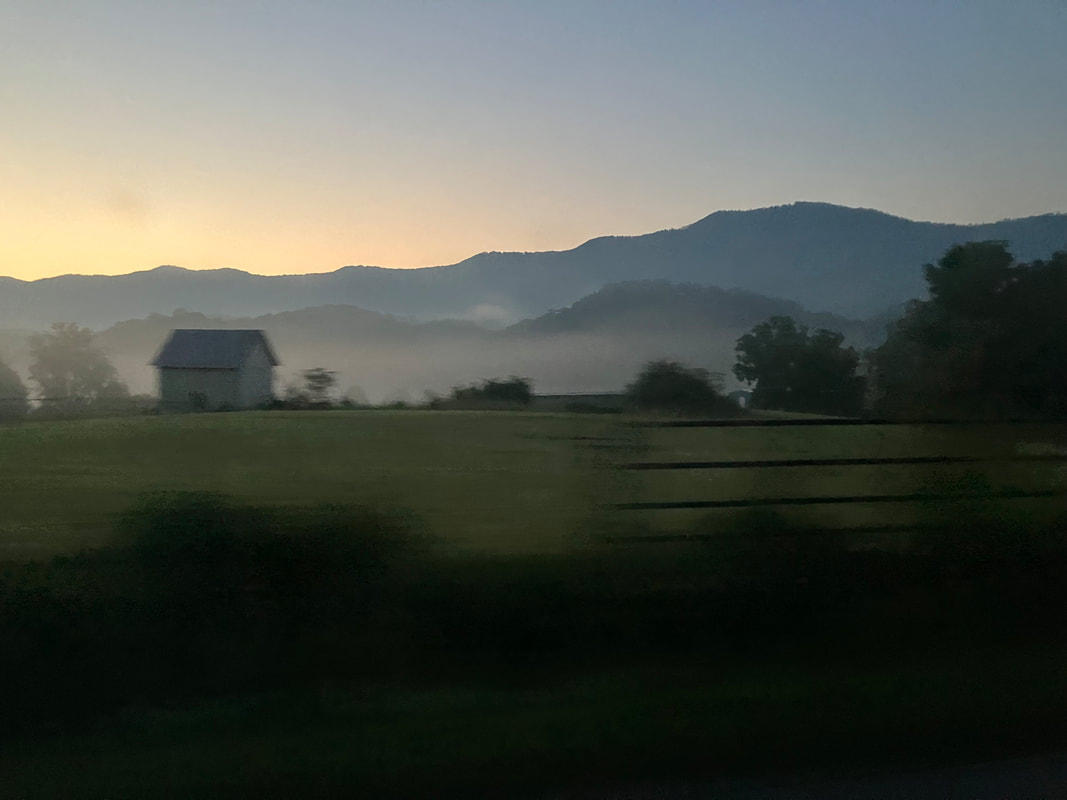
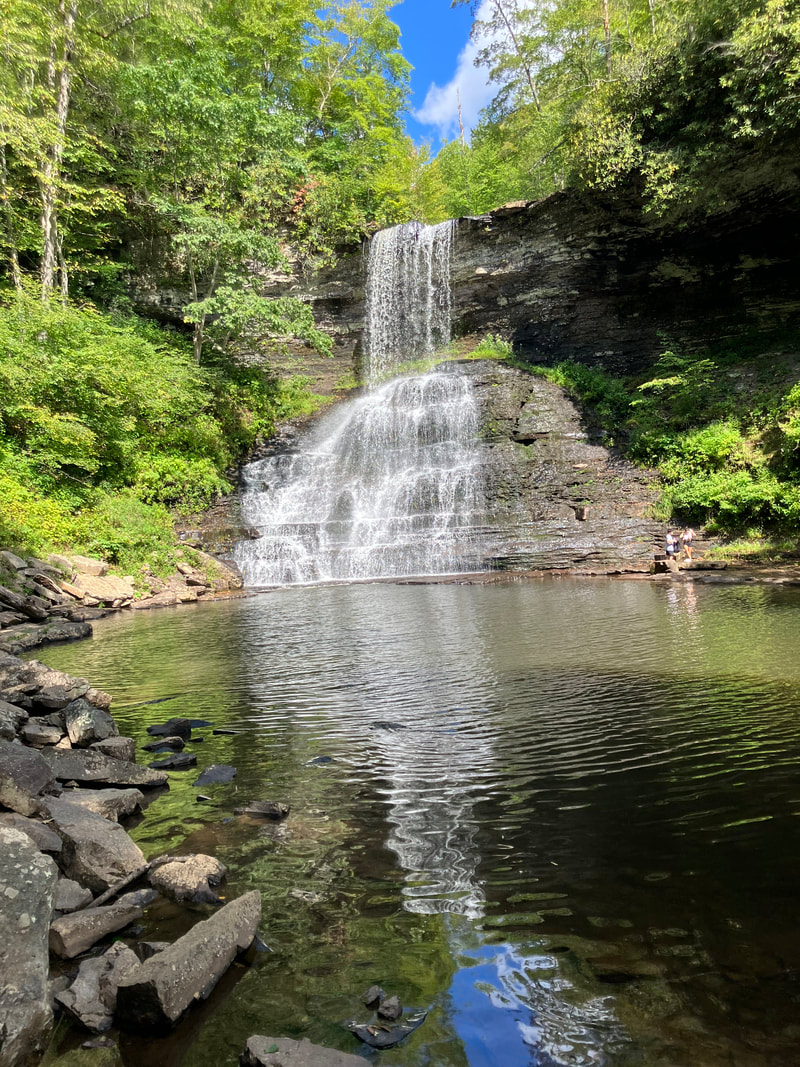
 RSS Feed
RSS Feed
